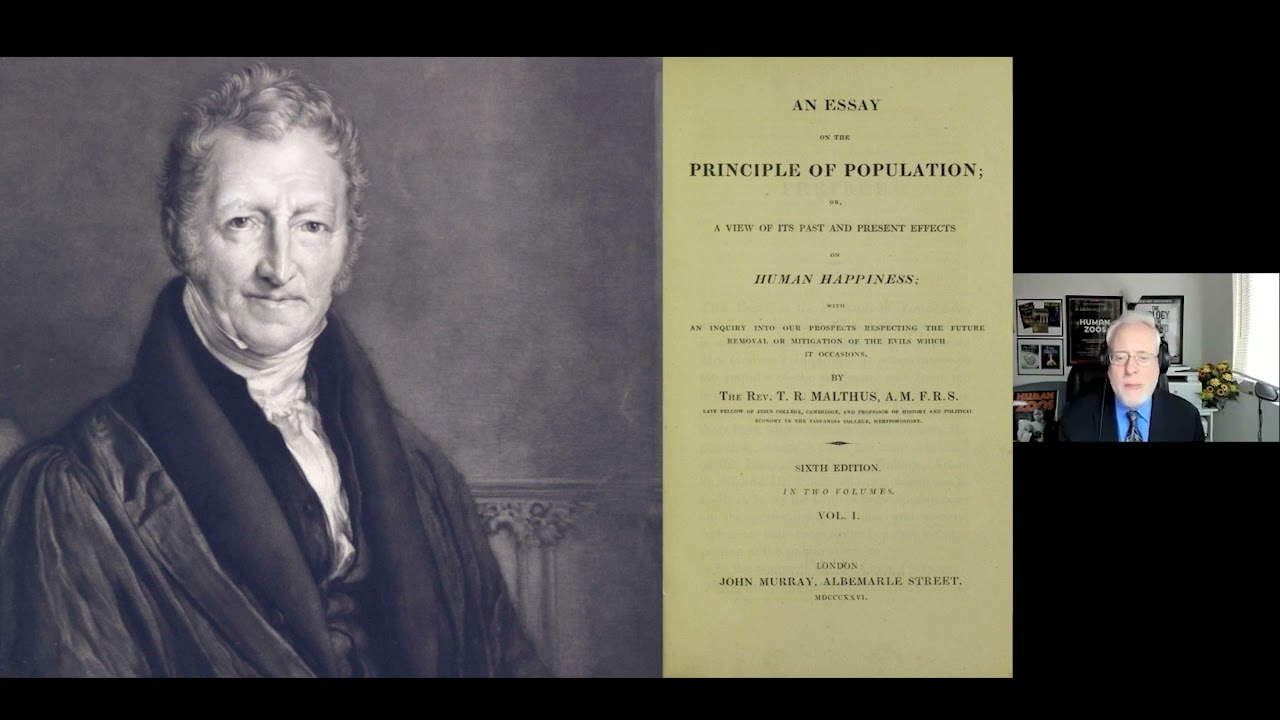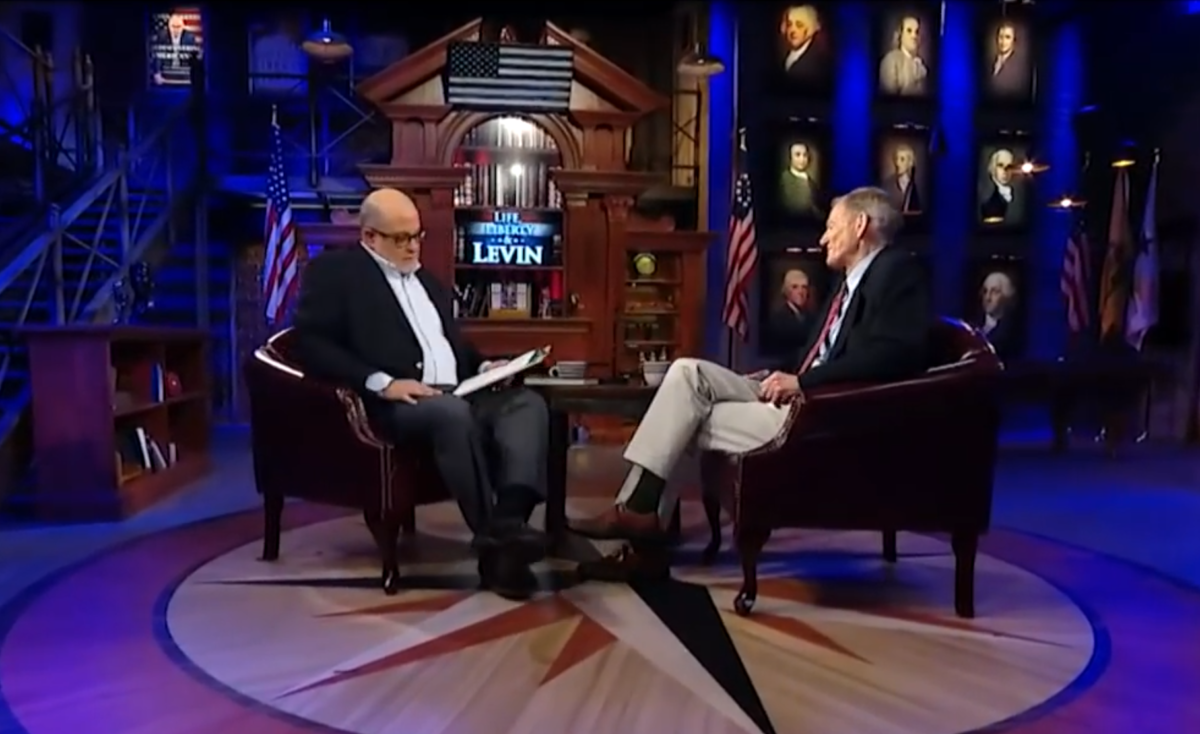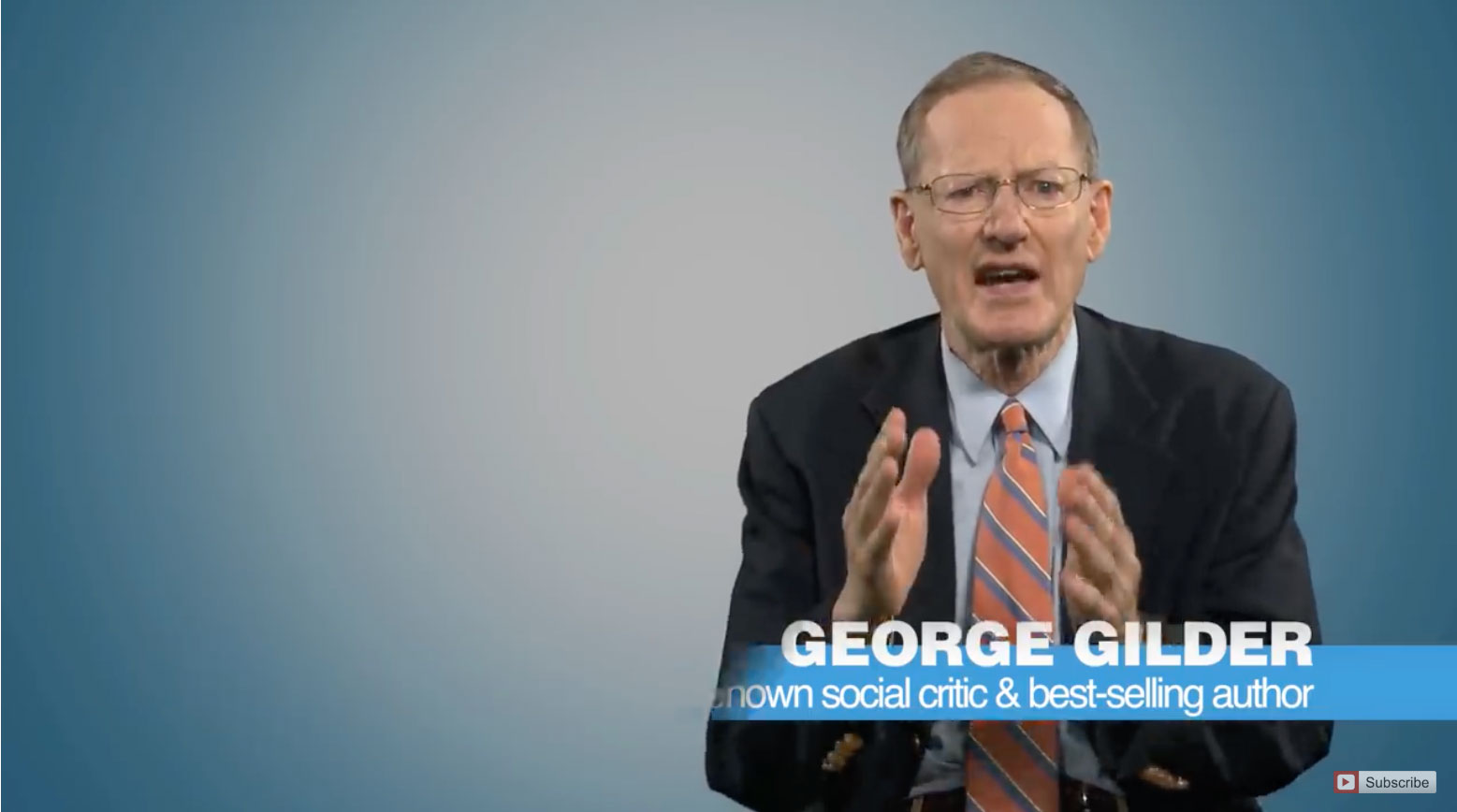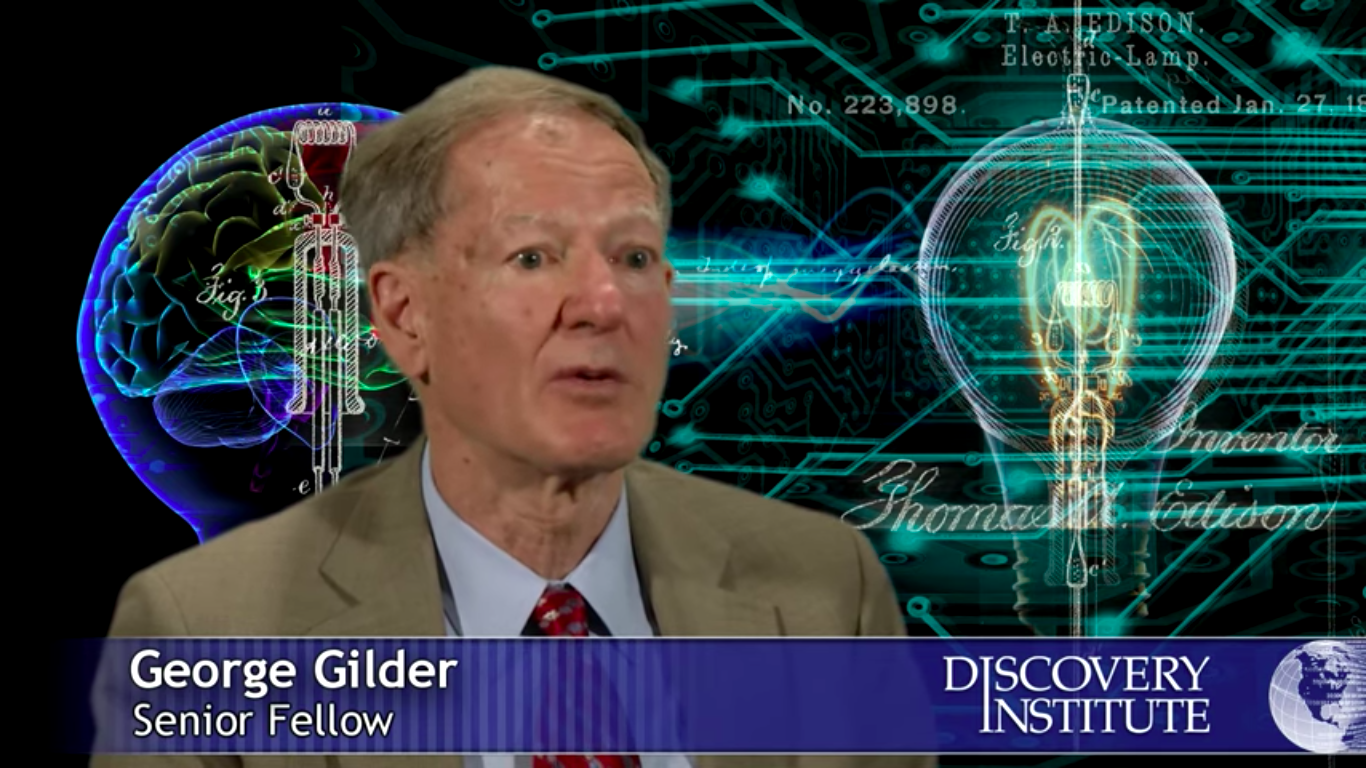
Book Review: George Gilder’s Brilliant ‘Life After Capitalism’
It was probably fifteen years ago that I was at lunch with Banknote Capital’s Jim Fitzgerald. We were finishing up when the conversation shifted to tax rates, at which point Fitzgerald dismissed the notion that lower rates stimulate more work.
To be clear, Fitzgerald was not saying that he opposed lower tax rates. He was and is very much for them. But he was expressing his disdain for the theory that lower rates cause people to work more. In his case, Fitzgerald would work a great deal precisely because there was joy in it.
Still, what he said at the time was jarring. It called into question so much that was accepted wisdom. Gradually it made lots of sense. Tax rates should be low simply because they should be low. After that, it’s perhaps unrealistic to suggest that Jeff Bezos, Mark Zuckerberg and FedEx founder Fred Smith began to build their remarkable businesses only after consulting the tax code. Work for them was and is similarly joy.
The conversation with Fitzgerald, along with my own evolution on matters economic, came to mind while reading George Gilder’s essential new book, Life After Capitalism. Though Gilder penned what many view as the underlying philosophy of supply-side economics with the brilliant Wealth and Poverty in 1981, in his spectacular 2013 book Knowledge and Power Gilder began to question the “incentive” economics that at least on the surface informs supply-side.
Read More ›






